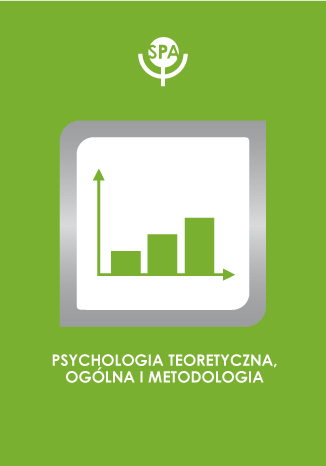Wirtualne zaufanie: wpływ komunikacji zapośredniczonej przez komputer na podejmowanie decyzji o współpracy w sytuacji dylematu społecznego

Sławomir Śpiewak, Paweł Strojny, Agnieszka Strojny
DOI:
Rocznik: 2011 Tom: 17 Numer: 2
Strony: 241-249
Research on computer-mediated communication (CmC) provides inconsistent conclusions about the consequences of these kind of interactions on the functioning of individuals. The uncertainties relate to the areas of research concerning social dilemmas, which suggests that CmC may in some situations increase the effectiveness of teamwork. The object of our interest was the influence of CmC and face to face interaction (FtF) on the tendency to show trust (cooperation) in a modified for the purpose of the experiment iterated (nine-rounds lasting) ‘prisoner’s dilemma’ game. Test results provide coherent conclusions suggesting that the tendency to compete increases in FtF communication in comparison to CmC. The participants taking part in a game in CmC variant were over five times more likely to choose cooperation than those who communicated FtF. This trend has also proved stable overtime and has concerning brought higher results for the CmC group than the FtF one (calculated on the basis of the payoff matrix of the game). The results has been interpreted in reference to the classical results of studies on the effect of social facilitation-inhibition, where the increased tendency to choose the dominant reaction (competition) may result from the presence of other people (FtF interaction).









 Pobierz pełny tekst
Pobierz pełny tekst



